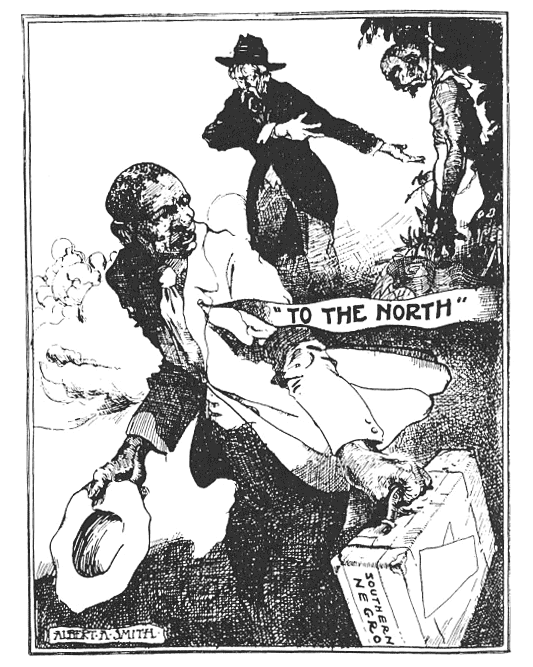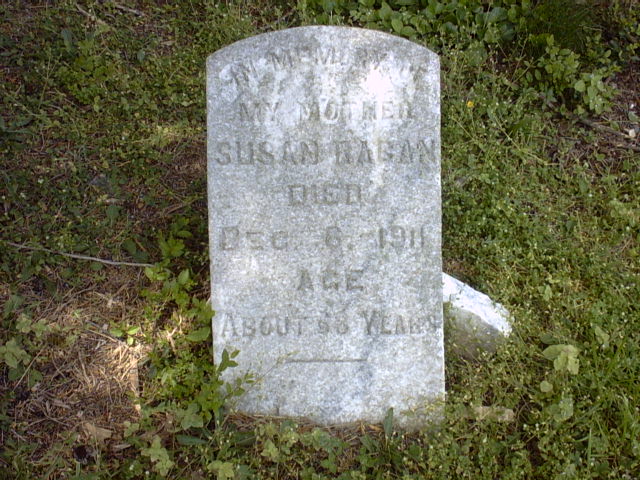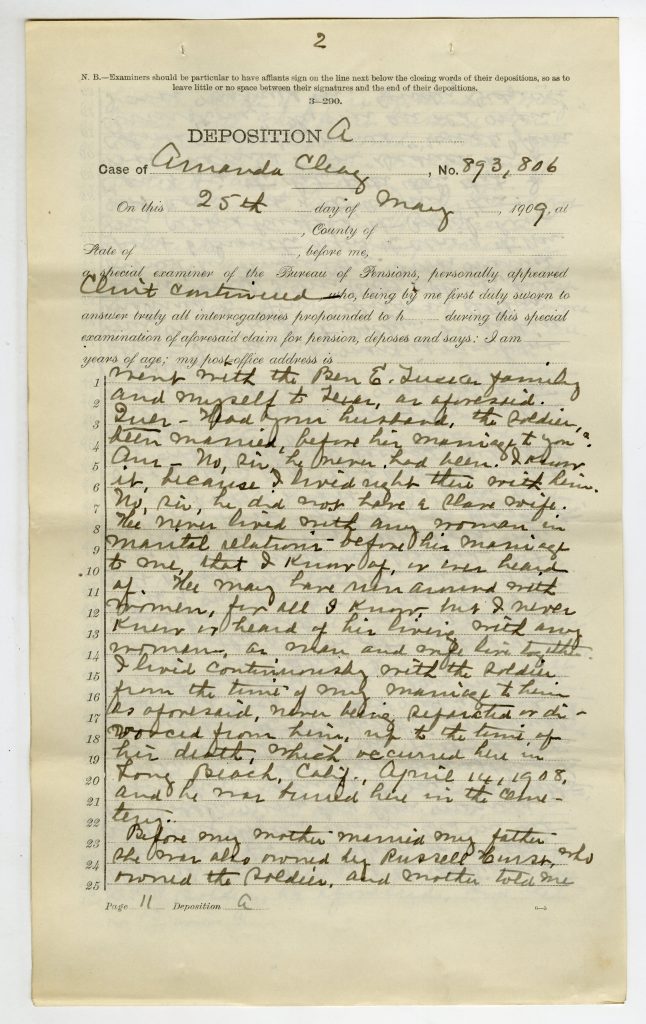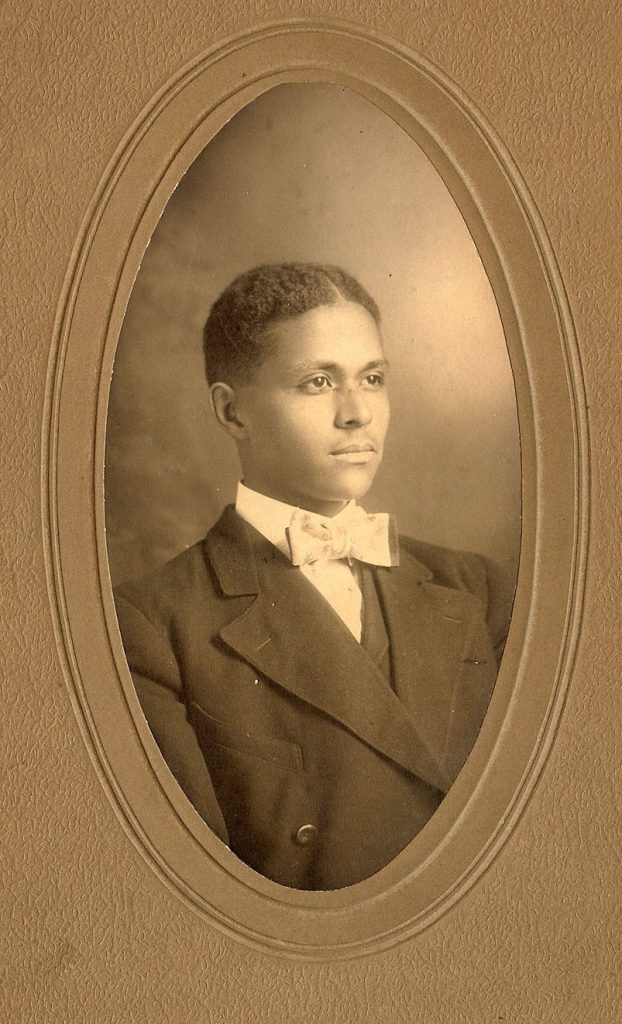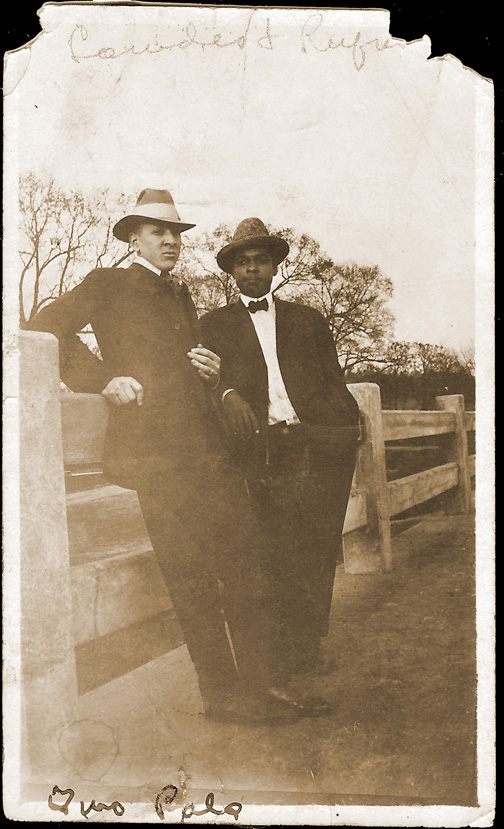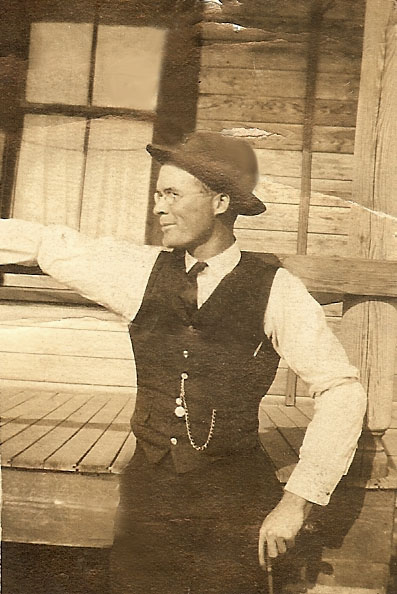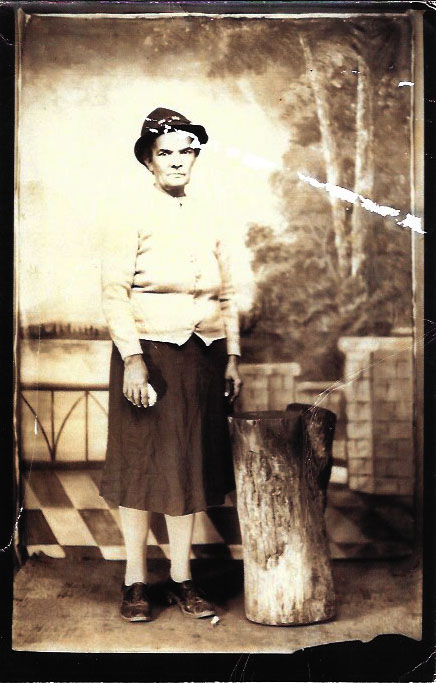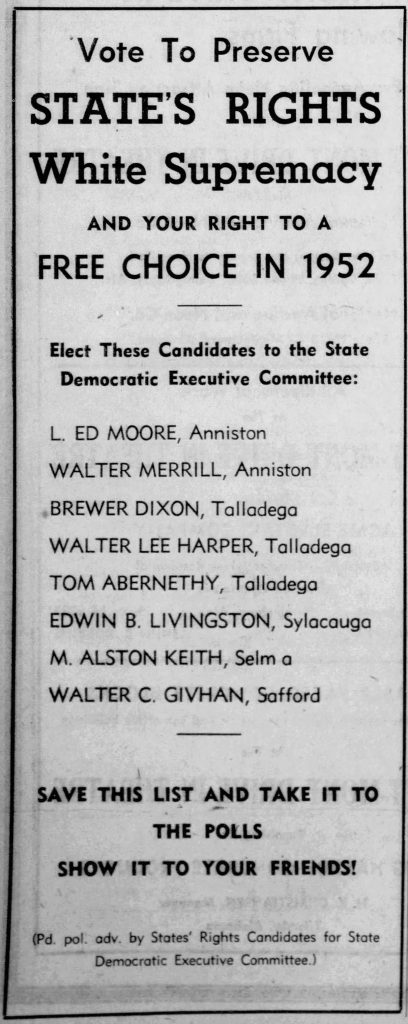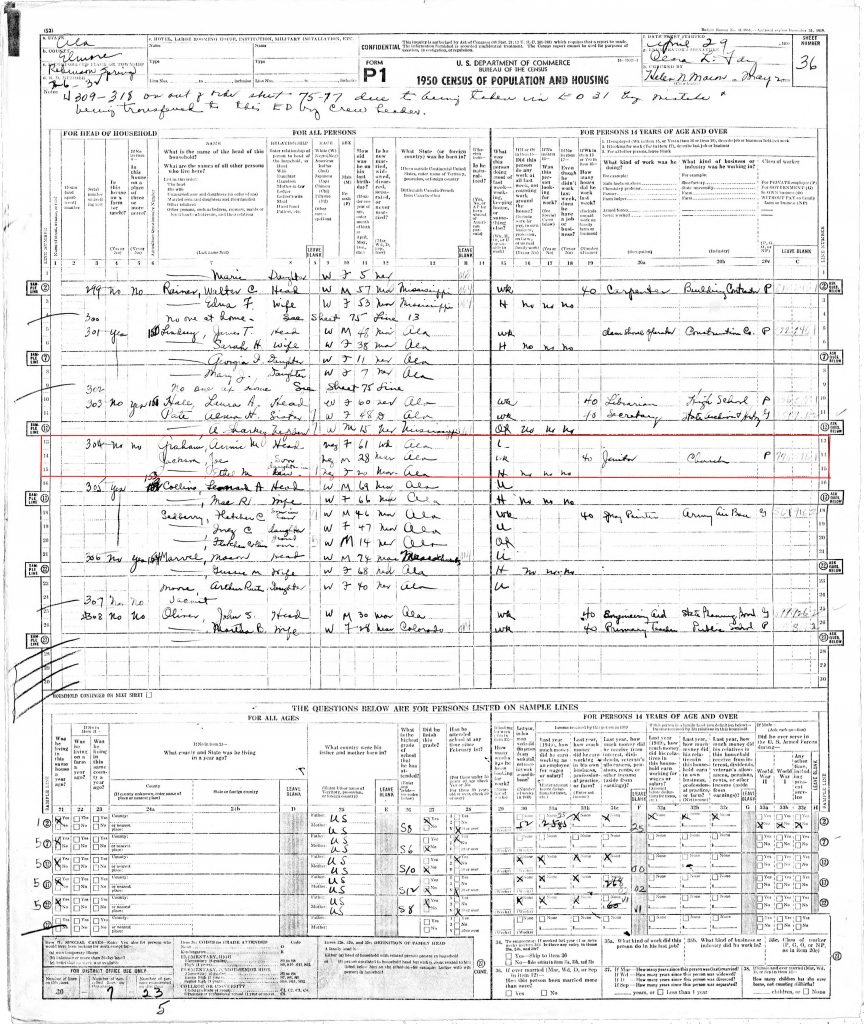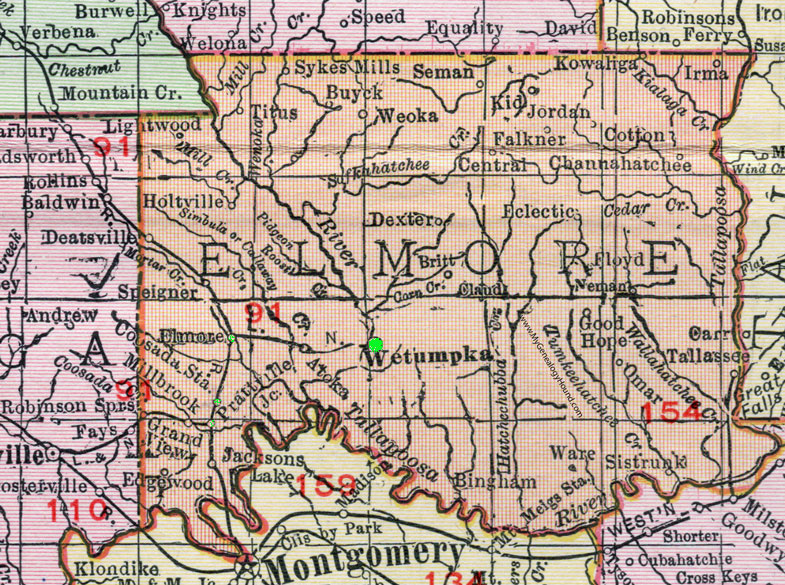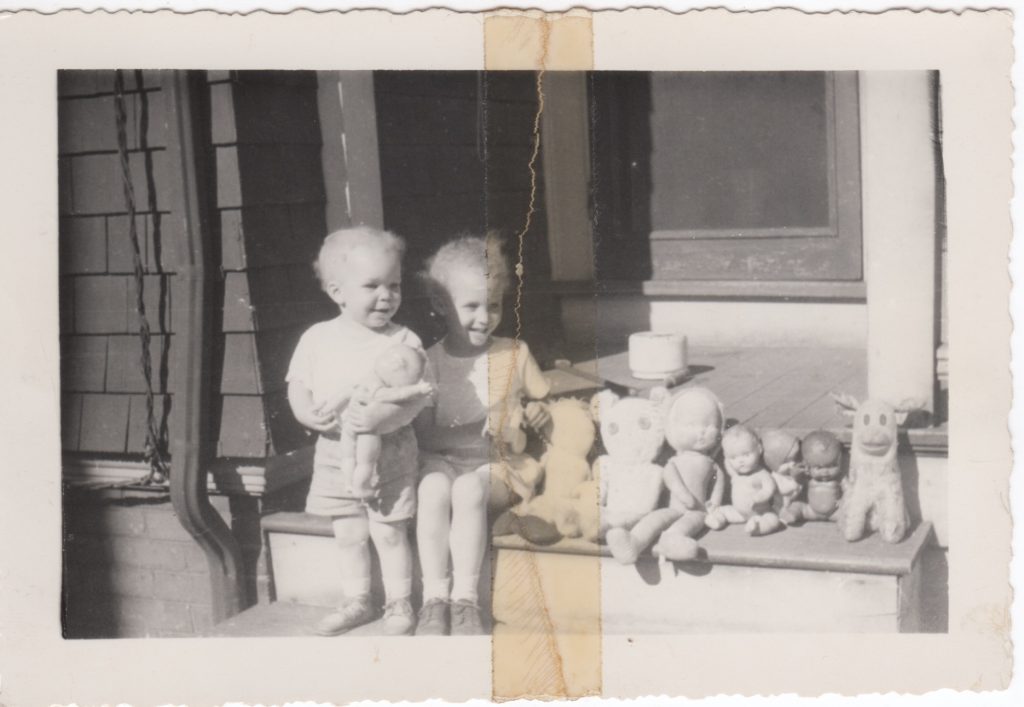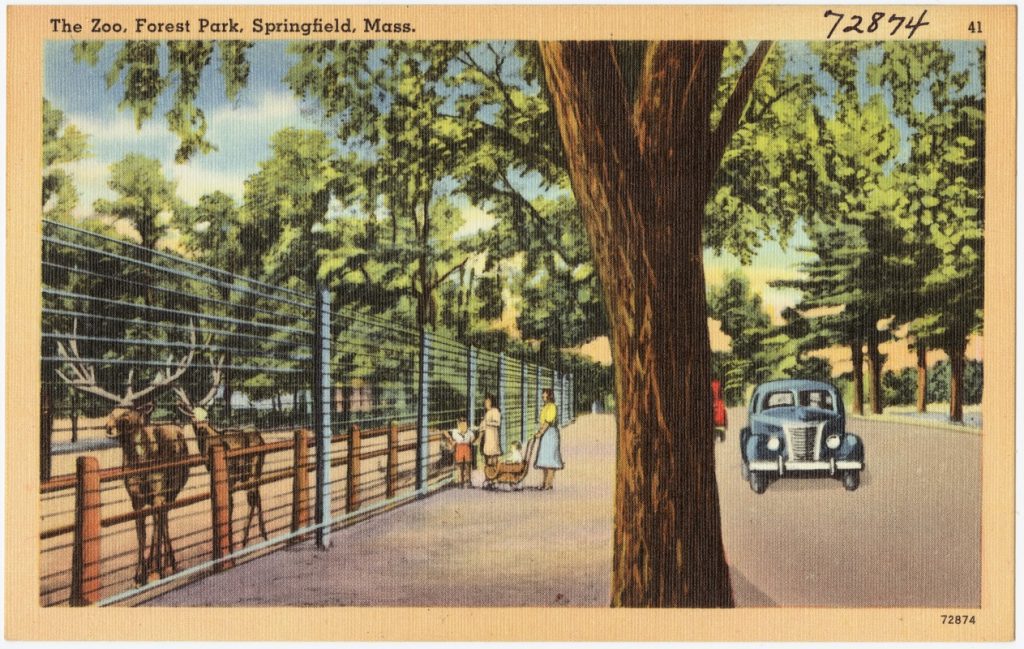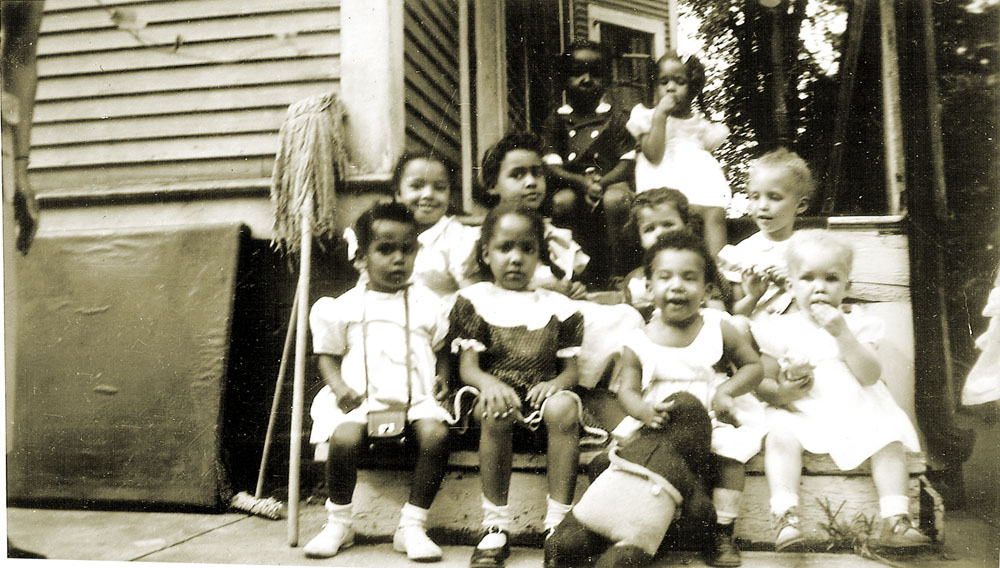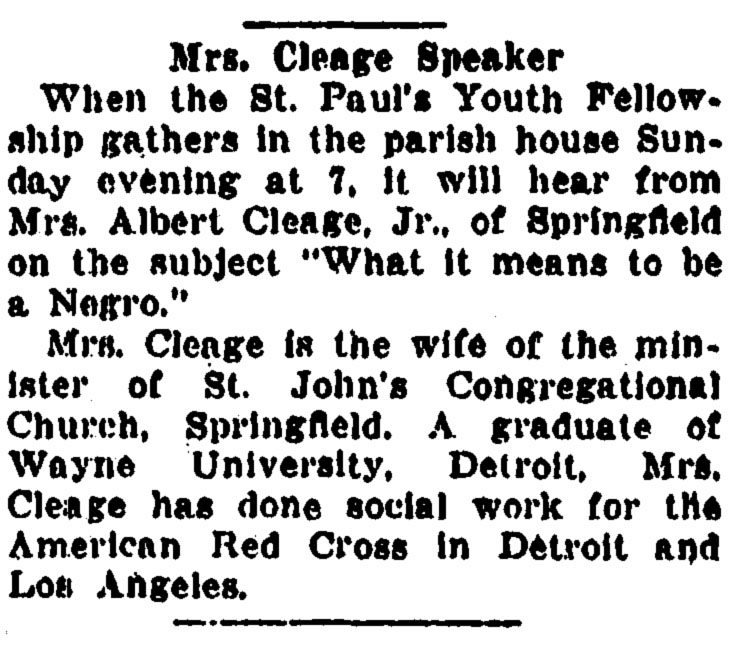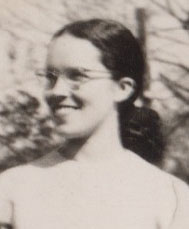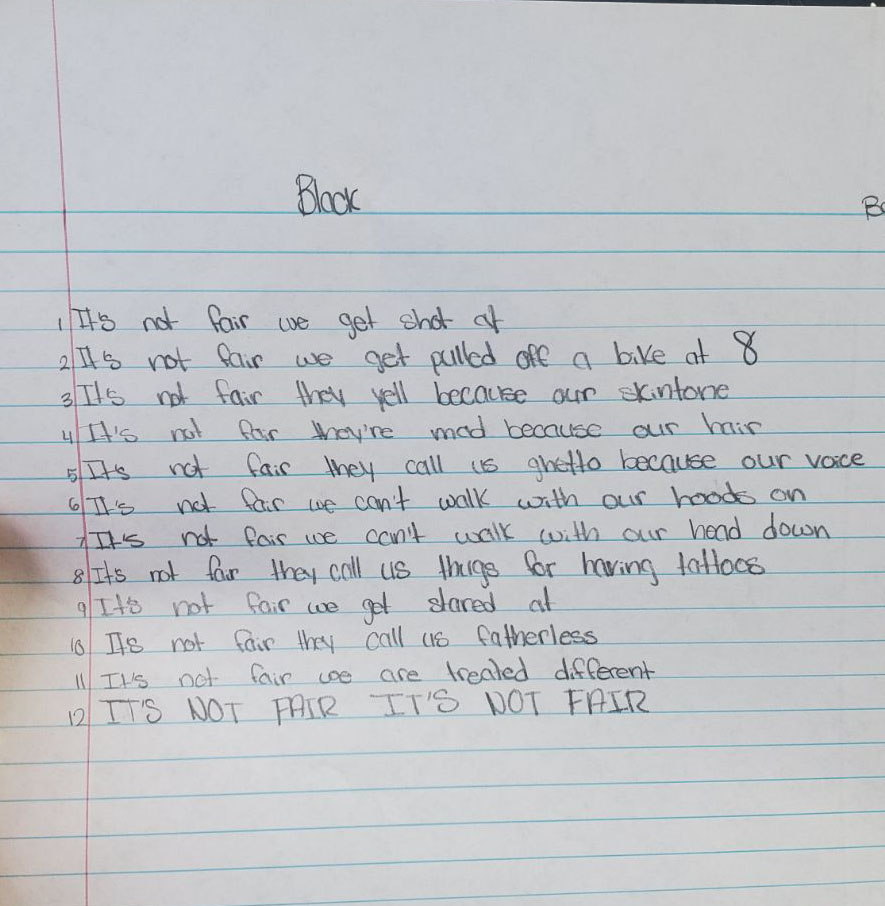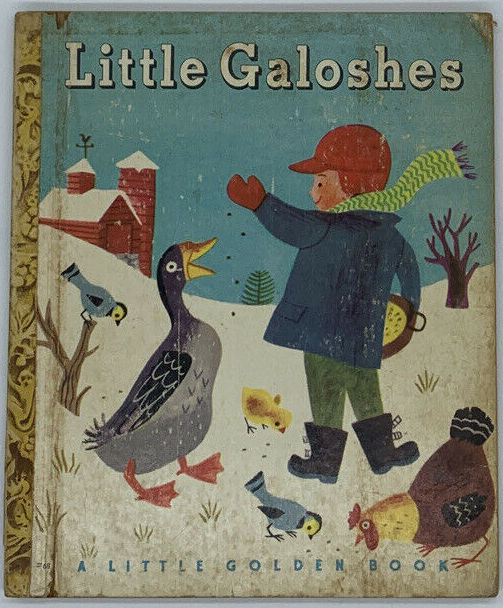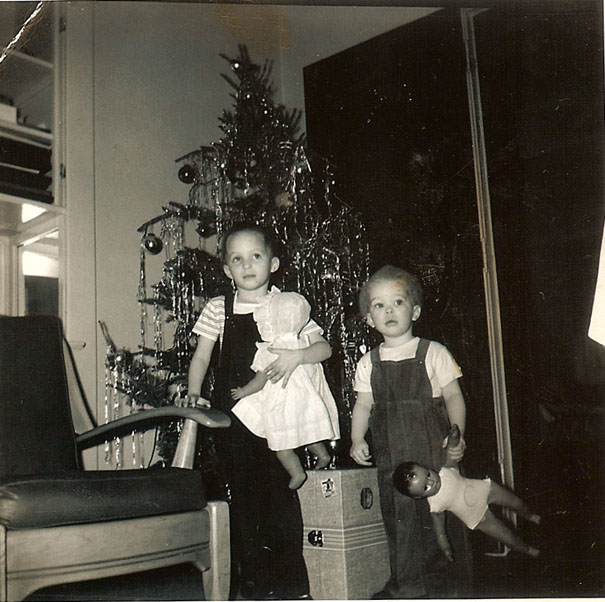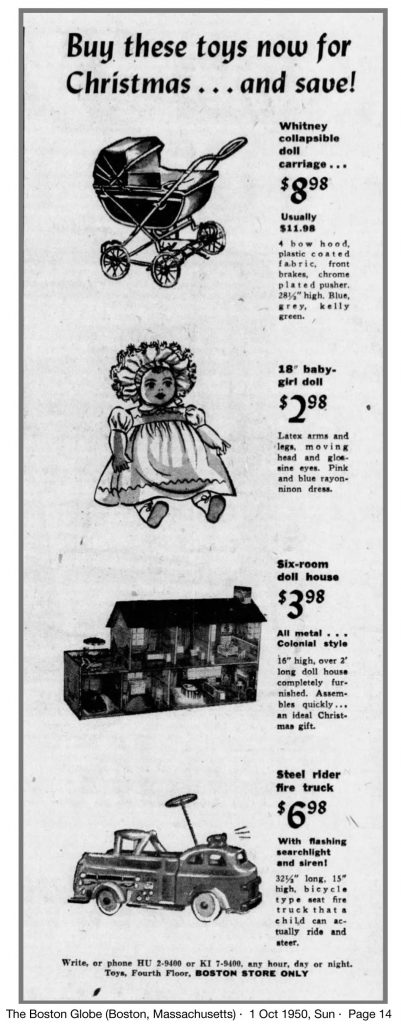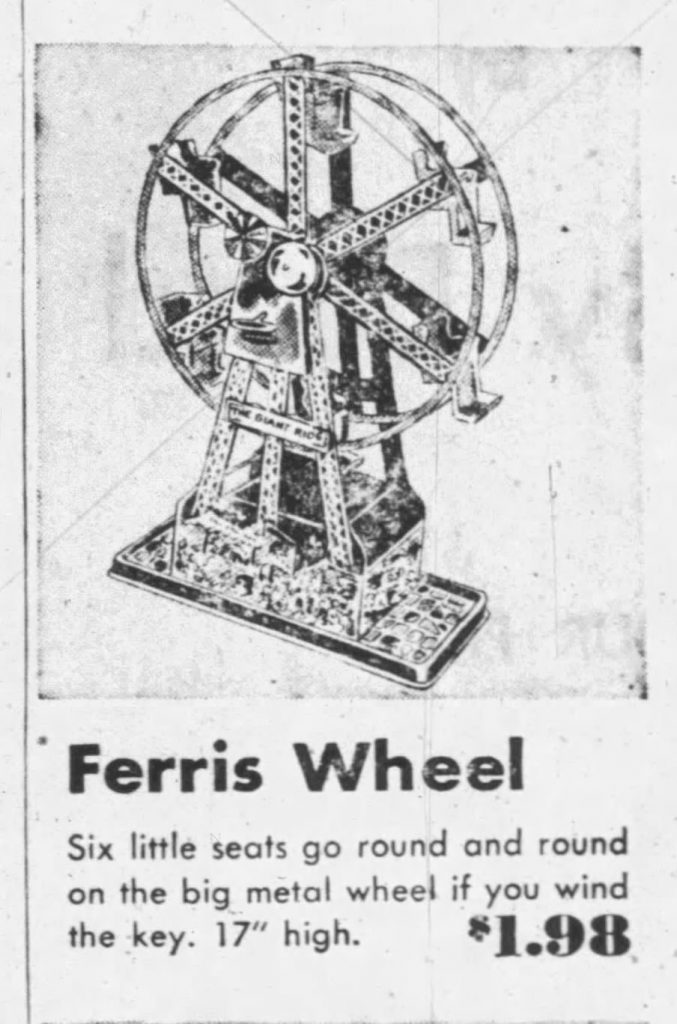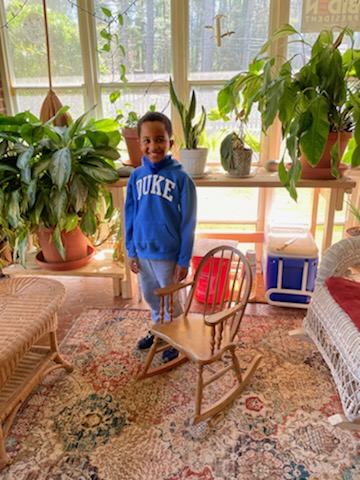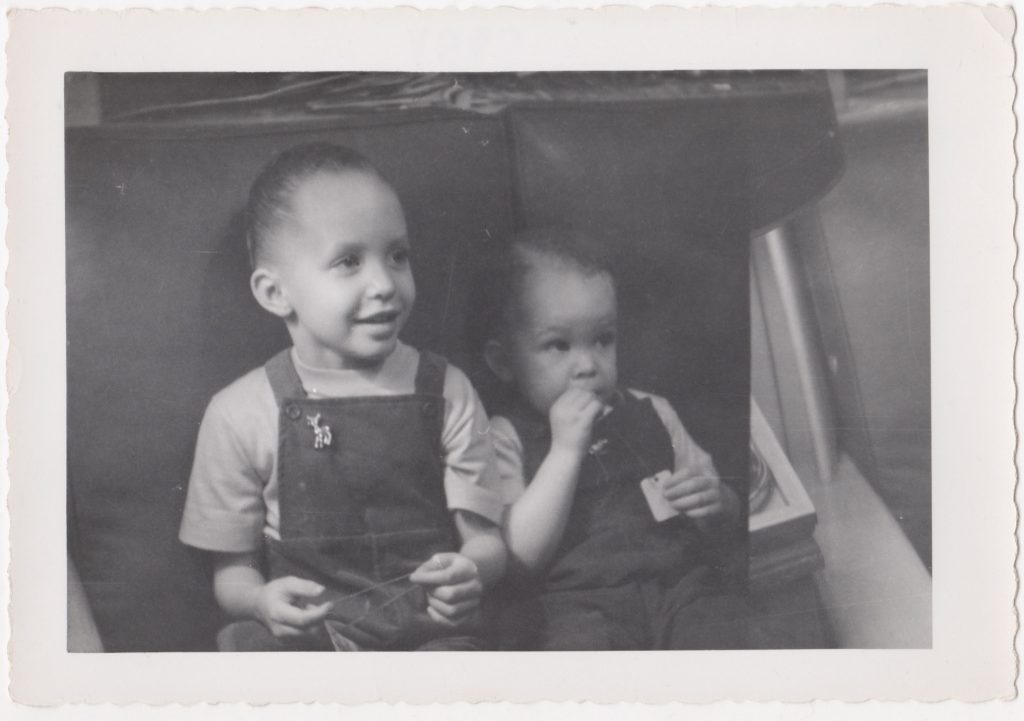From Florida’s stormy banks I go;
I’ve bid the South “Good by”;
No longer shall they treat me so,
And knock me in the eye.
The northern states is where I’m bound.
My cross if more than double –
If the chief executive can be found.
I’ll tell him all my trouble.
Thousands have gone on there before,
And enjoyed their northern live;
Nothing there they can deplore,
So they wrote back for their wives.
Thousands more now wait to go
To join the glorious sop.
The recruiters failed to take one more
Because the “Crackers” made ‘em stop.
Arise! ye Darkies now a-slave
Your chance at last has come;
Hold up your head with courage brave,
‘Cause times are changing some,
God is punctual to his word,
Faithful to his dating;
Humble prayers is what he heard,
After years of faithful waiting.
All before this change was made
They took me for a tool.
No respect to me was paid –
They classed me for a fool.
For centuries I was knocked and cuffed,
And imposed upon by southern “whites”;
For fifty years they had me bluffed
And robbed me of my “right.” . . .
Hasten on, my dark brother,
Duck the “Jim Crow” laws.
No “Crackers” north to slap your mother
Or knock you in the jaw.
No “Crackers” there to seduce your sister,
Nor hang you to a limb,
And you’re not obliged to call them mister,
Nor show your teeth at them.
Now, why should I remain longer south,
to be kicked and dogged around?
“Crackers” to knock me in the mouth
And shoot my brother down.
No, I won’t. I’m leaving today,
No longer can I wait.
If the recruiters fail to take me ‘way,
I’m bound to catch a freight.
by Mr. Ward
originally published in the Chicago Defender, November 11, 1916
In 1916 the word was everywhere – move north, you have a better chance. Friends and neighbors who had made the journey sent back word. The Chicago Defender sent newspapers all over the countries with articles about lynchings and poems like the above. There were articles about a better life in the north. Jobs that paid a living wage. About being able to vote. Pullman porters distributed the Defender throughout the south, even though the white authorities tried to prevent.

“The newspaper was read extensively in the South. Black Pullman porters and entertainers were used to distribute the paper across the Mason/Dixon line. The paper was smuggled into the south because white distributors refused to circulate The Defender and many groups such as the Klu Klux Klan tried to confiscate it or threatened its readers. The Defender was passed from person to person, and read aloud in barbershops and churches. It is estimated that at its height each paper sold was read by four to five African Americans, putting its readership at over 500,000 people each week. The Chicago Defender was the first black newspaper to have a circulation over 100,000, the first to have a health column, and the first to have a full page of comic strips.
“During World War I The Chicago Defender waged its most aggressive (and successful) campaign in support of “The Great Migration” movement. This movement resulted in over one and a half million southern blacks migrating to the North between 1915-1925. The Defender spoke of the hazards of remaining in the overtly segregated south and lauded life in the North. Job listings and train schedules were posted to facilitate the relocation. The Defender also used editorials, cartoons, and articles with blazing headlines to attract attention to the movement, and even went so far as to declare May 15, 1917 the date of the “Great Northern Drive.” The Defender’s support of the movement, caused southern readers to migrate to the North in record numbers. At least 110,000 came to Chicago alone between 1916-1918, nearly tripling the city’s black population.“
NPR “The Chicago Defender”
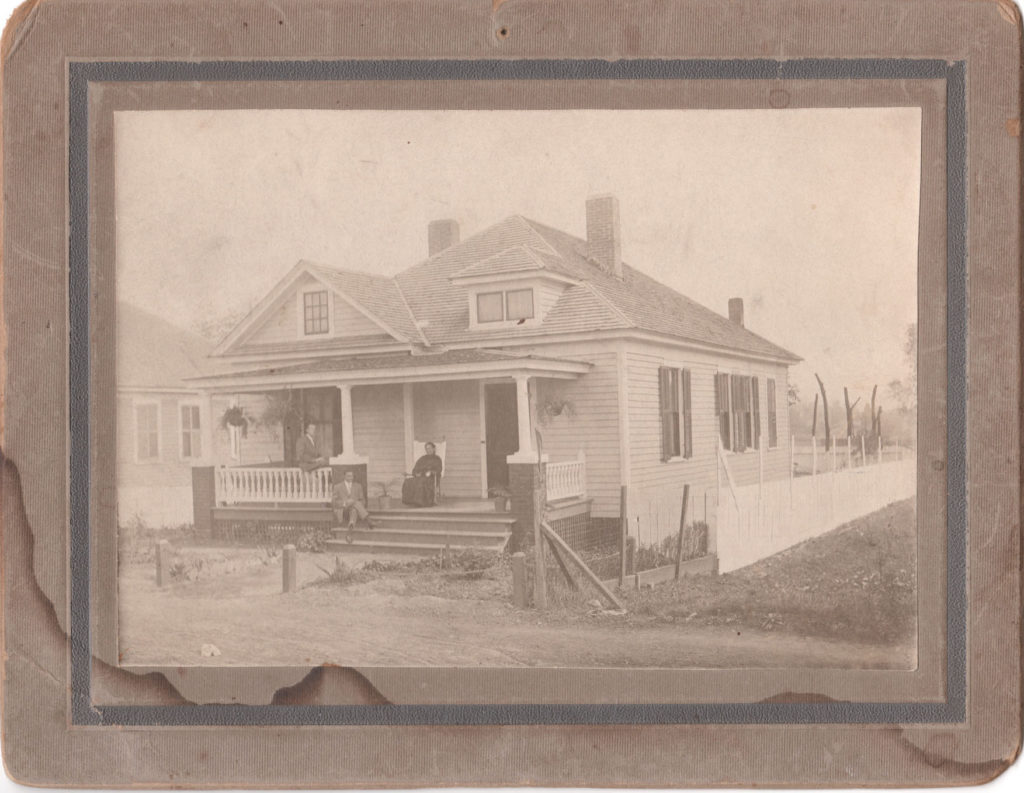
My maternal grandfather, Mershell C. Graham was one of those who listened and decided to leave Montgomery and head to Detroit.
In the 1916 Montgomery City Directory, my grandfather was was living with Clifton and Mary Graham. They were his “adopted family” and as far as I know not blood relations.

On February 14, 1917. he sent a letter from Detroit to Montgomery to ask for a recommendation from Seligman & Marx, Wholesale Grocers. Which means he had relocated to Detroit sometime before February 14. And to make that trip he took the train.
“Separate but equal” was a legal doctrine in United States constitutional law, according to which racial segregation did not necessarily violate the Fourteenth Amendment.
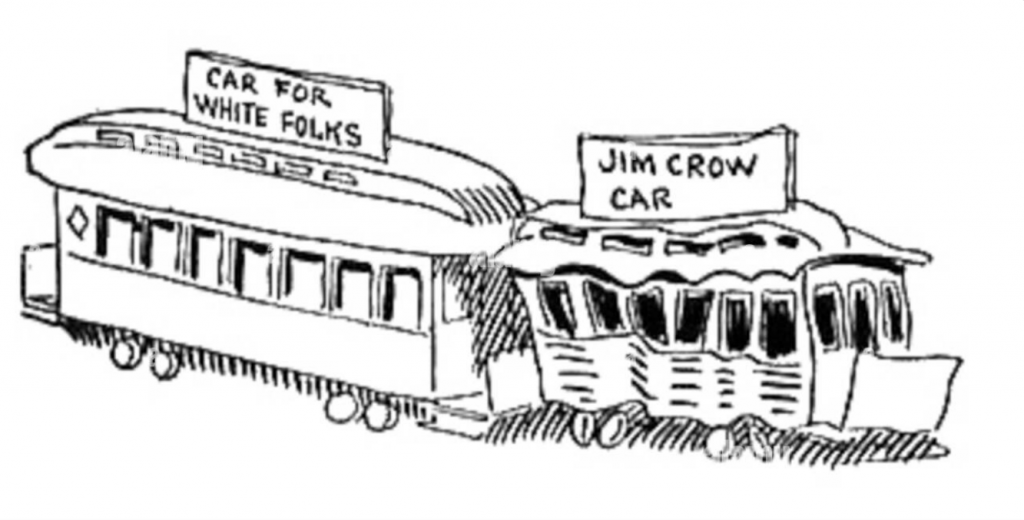
There was no food served to black people either on the train or at stops below the Mason-Dixon line. He would have bought a box with food for the journey, fried chicken, sandwiches, perhaps fruit, biscuits, and cake. Maybe enough to share with a fellow passenger who hadn’t brought food.
Although the price was the same for both black and white passengers, the accommodations were anything but equal. Below is a description. There are several other links at the end of this post to information about segregated travel.
A Way of Travel
“From the 1830s through the 1950s, people traveled in trains pulled by steam locomotives. Cars in these trains were almost always arranged in a particular order—an order that reflected social hierarchy. Coal-burning steam engines spewed smoke and cinders into the air, so the most privileged passengers sat as far away from the locomotive as possible. The first passenger cars—the coaches—were separated from the locomotive by the mail and baggage cars. In the South in the first half of the 20th century, the first coaches were “Jim Crow cars,” designated for black riders only. Passenger coaches for whites then followed. Long-distance trains had a dining car, located between the coaches and any sleeping cars. Overnight trains included sleeping cars—toward the back because travelers in these higher-priced cars wanted to be far away from the locomotive’s smoke. A parlor or observation car usually brought up the rear“
Jim Crow Journeys: An Excerpt from Traveling Black
The 1880s railroads and segregation
From Jim Crow to Now: On the Realities of Traveling While Black
